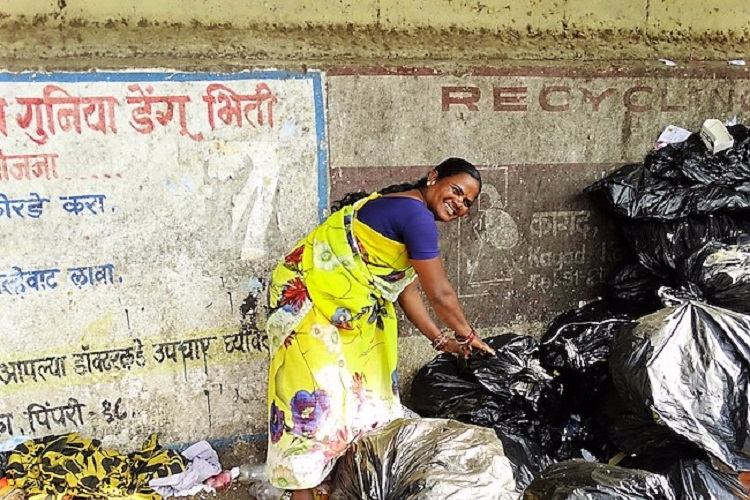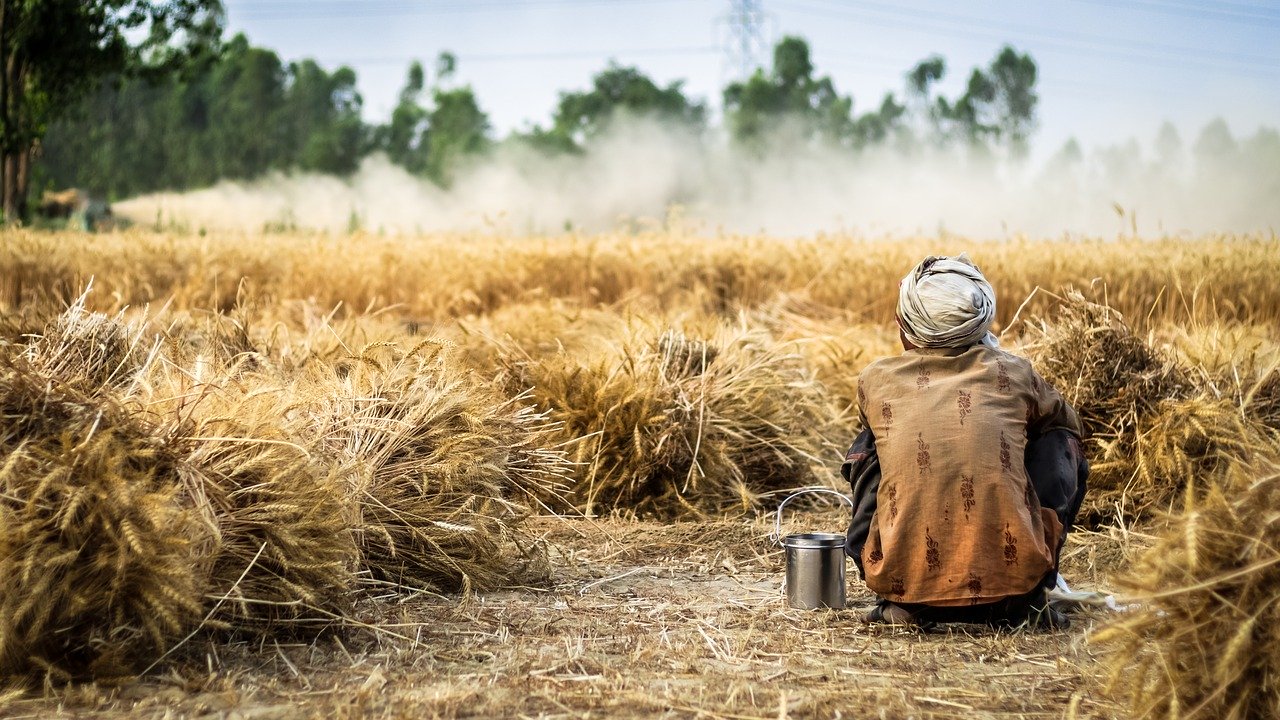How Decentralised Solid Waste Management can help in Addressing Climate Injustice: A Case study of Pourakarmikas in Bengaluru.
4 mins read
•
Updated 1 year ago

In the article ‘Why Decentralised Solid Waste Management is Key for Climate Mitigation and Adaptation’, the author wrote about the importance of advocating for decentralised solid waste management (SWM) in Indian cities. Multiple public health, safety and environmental co-benefits arise from effective waste management practices which concurrently reduce GHG emissions and improve the quality of life, promote public health, prevent water and soil contamination and conserve natural resources. The author also argued that any conversation about solid waste management is incomplete and unjustified without addressing the caste, class and gender dimensions of the topic. There is an evident dearth of literature when it comes to the negative effects of
Article 1 of the the United Nations Framework Convention on Climate Change (UNFCCC) defines "Climate Change" as: "a change of climate which is attributed directly or indirectly to human activity that alters the composition of the global atmosphere and which is in addition to natural climate variability observed over comparable time periods.”
The UNFCCC thus makes a distinction between "Climate Change" attributable to human activities altering the atmospheric composition, and "climate variability" attributable to natural causes.
Source: WMO
In every Indian city, it is largely Dalit women, women from scheduled castes and lower socio-economic groups who are employed or contracted as waste collection workers by the local municipalities or private contractors respectively. In Bengaluru, they are known as Pourakarmikas. Called the ‘green army’ of the city, they are tasked with clearing of garbage, waste-picking and cleaning of streets, with their shifts starting as early as 6:30 A.M. and stretching till 02.00 P.M. The ‘Socio-Economic Profile of Pourakarmikas’ revealed that men make up 53.33% of the total number of workers, while women comprise the rest 46.67%. In terms of caste composition, the predominant share of Pourakarmikas belonged to the Scheduled Castes, while a meagre 3.3% were from the general category. 7% and 7.3% hailed from Schedule Tribes and Other Backward Classes respectively. This suggests that caste is definitely a visible presence in sanitation practices in cities in urban India. Additionally, due to caste structures, some of them have been working for nearly two decades, and have no experience except this and cannot afford to shift jobs.
Despite them forming the core of Bengaluru’s vast waste management network and being important civic workers, the municipal body’s apathy towards them is palpable. These workers, who have been hired on contract-basis, are often not registered on BBMP’s payrolls due to middle-men such as contractors. Although their numbers are in thousands, many Pourakarmikas are not recognised and their labour goes unaccounted for in this contract system. As a result, Pourakarmikas face close to no occupational, work and social security, thus making them susceptible to a multitude of risks in the background of the
Source: WMO
Solid Waste Management
Human Rights
Circular economy
Frontline communities
waste
